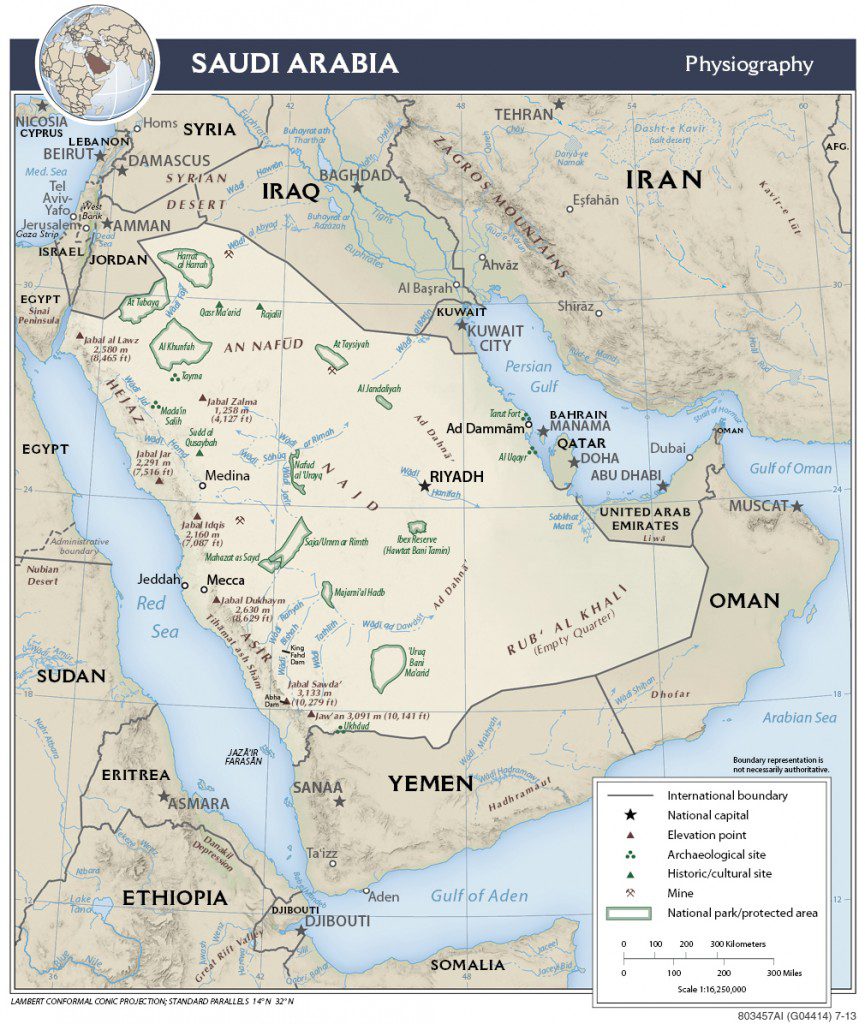
(Wikimedia Commons public domain)
Concluding the third chapter of the manuscript of my book on Islam for Latter-day Saints:
Umar was assassinated in 644 A.D. and was succeeded by a gentle if weak old man named Uthman.[1] He was assassinated, in turn, in 656 A.D., and finally it was Ali’s turn to assume the caliphate. It seemed for a while that the dreams of the Shiites had come true, or at least that they were about to do so. But conditions were terribly unstable, and Ali himself fell at the hands of an assassin in 661 A.D. The Shiites look back to the days of Ali as their golden age. But the Sunnis, too, look back to roughly this period as the time when sincere, believing Muslims ruled over a vast empire. For them, the period from 632 to 661 A.D., the time of Abu Bakr, Umar, Uthman, and Ali, is the age of the four “rightly guided caliphs.” It was followed by a period of relative darkness. Each faction of Islam, both Sunni and Shiite, began to dream of a return to the heady days of the seventh century, when a prophet walked the earth and when his successors conquered much of the known world and reached a pinnacle of wealth that the Arabs had never before known. But that time still has not returned.
Dominion over the Arab empire now came into the hands of a family known as the Umayyads, descendants of the very leaders of Quraysh who had opposed Muhammad during the Prophet’s lifetime. Now it was not only the Shiites who felt alienated from power, but the pious Sunnis as well. The Shiites felt that alienation more intensely, no doubt, because, as a group deeply resentful of the ruling authorities, they came in for special attention from the government. And their leaders, the descendants of Muhammad and Ali, were an especially visible set of rivals to the throne whom the Umayyads kept special watch on and occasionally murdered.
History, however, is not the main focus here, so we must let many of the details pass. Now, it is necessary to look more closely at the nature of the new religion, Islam.
[1] Pronounced roughly “Oth-maan.”










